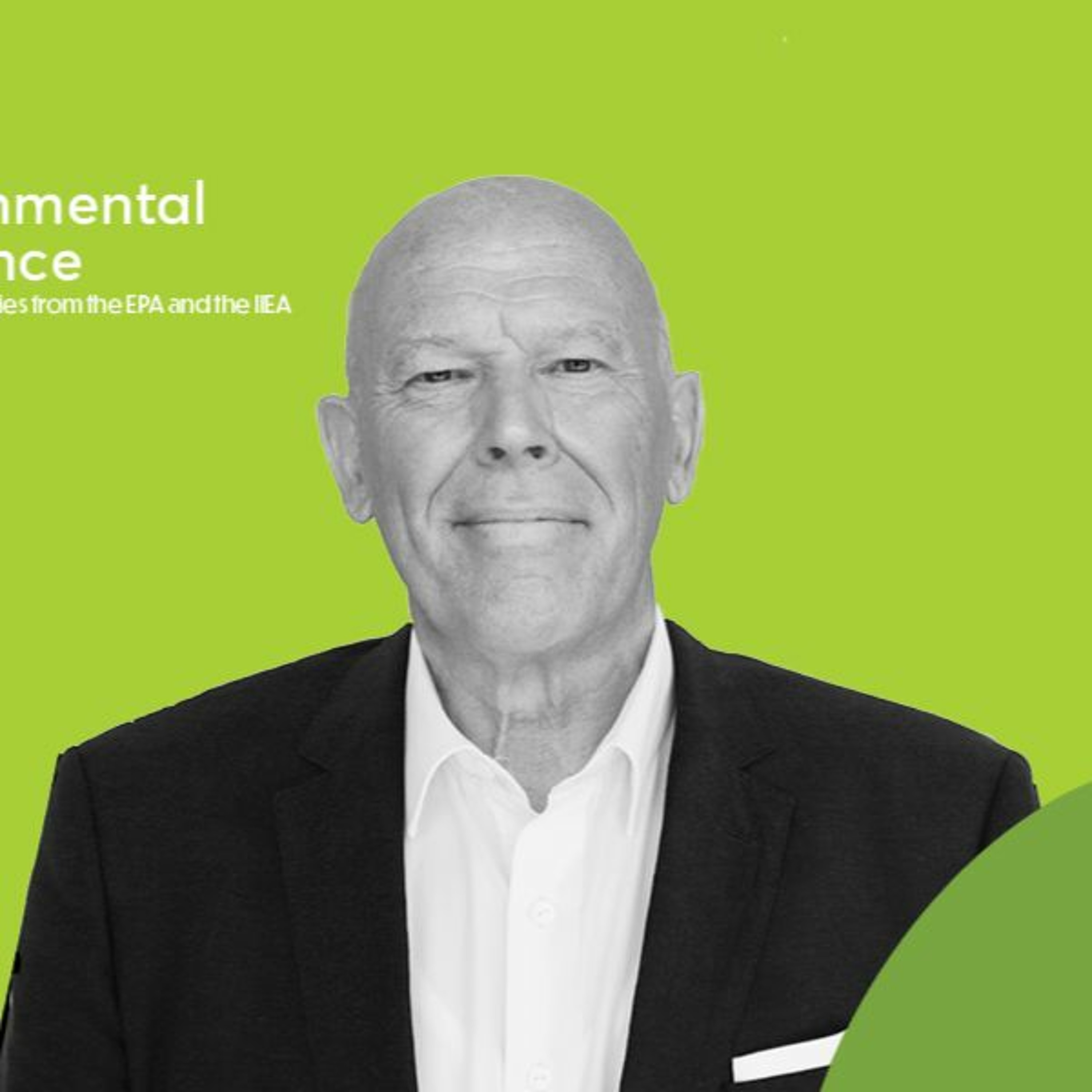- Government
- SEE MORE
- classical
- general
- talk
- News
- Family
- Bürgerfunk
- pop
- Islam
- soul
- jazz
- Comedy
- humor
- wissenschaft
- opera
- baroque
- gesellschaft
- theater
- Local
- alternative
- electro
- rock
- rap
- lifestyle
- Music
- como
- RNE
- ballads
- greek
- Buddhism
- deportes
- christian
- Technology
- piano
- djs
- Dance
- dutch
- flamenco
- social
- hope
- christian rock
- academia
- afrique
- Business
- musique
- ελληνική-μουσική
- religion
- World radio
- Zarzuela
- travel
- World
- NFL
- media
- Art
- public
- Sports
- Gospel
- st.
- baptist
- Leisure
- Kids & Family
- musical
- club
- Culture
- Health & Fitness
- True Crime
- Fiction
- children
- Society & Culture
- TV & Film
- gold
- kunst
- música
- gay
- Natural
- a
- francais
- bach
- economics
- kultur
- evangelical
- tech
- Opinion
- gaming
- College
- technik
- History
- Jesus
- Health
- movies
- radio
- services
- Church
- podcast
- Education
- international
- Transportation
- Other
- kids
- podcasts
- philadelphia
- Noticias
- love
- sport
- Salud
- film
- and
- 4chan
- Disco
- Stories
- fashion
- Arts
- interviews
- hardstyle
- entertainment
- humour
- medieval
- literature
- alma
- Cultura
- video
- TV
- Science
- en
Jos Delbeke - The European Green Deal and Sustainable Finance

This event is part of\xa0the\xa0Environmental Resilience\xa0lecture series, co-organised\xa0by the IIEA and the Environmental Protection Agency\xa0(EPA). On this occasion, Professor Delbeke argues that sustainable finance has a crucial role to play in delivering on the policy objectives of the European Green Deal, as well as the EU\u2019s international commitments to its climate and sustainability objectives.\n\nThe European Commission has adopted a package of sustainable finance measures, such as the EU Taxonomy Climate Delegated Act, with the aim of making the Union a global leader in setting standards for sustainable finance. Professor Delbeke reflects on these initiatives and considers how the U.S. may follow suit. He also highlights that the delivery of climate finance\xa0to support developing countries will be a key determinant of success at the upcoming UN Climate Summit in Glasgow. Professor Delbeke concludes that the transition to a climate resilient future will depend on the development of a resource-efficient economy with a financial system that supports sustainable growth.\n\nAbout the Speaker:\n\nJos Delbeke is a Professor at the European University Institute\u2019s School of Transnational Governance, where he serves as the EUI's European Investment Bank Chair on Climate Change Policy and International Carbon Markets. He is also Professor at KU Leuven in Belgium. From 2010 until 2018, Professor Delbeke was Director-General of the European Commission's DG Climate Action. In this role, he was heavily involved in setting the EU\u2019s climate and energy targets for 2020 and 2030 and was a key player in developing EU legislation on the Emissions Trading System (ETS). Professor Delbeke was previously European Commission's chief negotiator at the UNFCCC Conference of the Parties, where he was responsible for the EU's implementation of the Kyoto Protocol and pivotal in the negotiations of the Paris Agreement. As an economist, he underlined the role of market-based instruments and of cost-benefit analysis in the field of the environment.